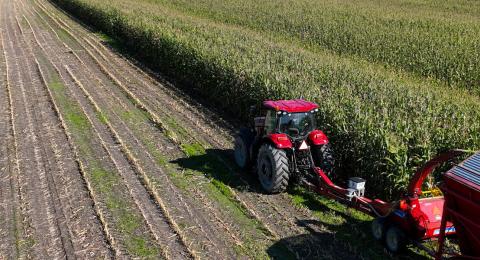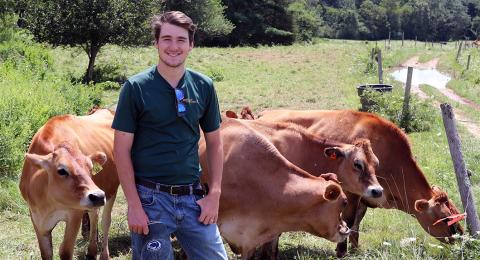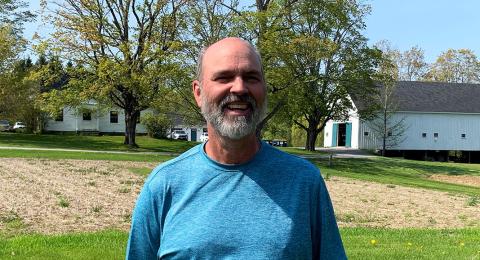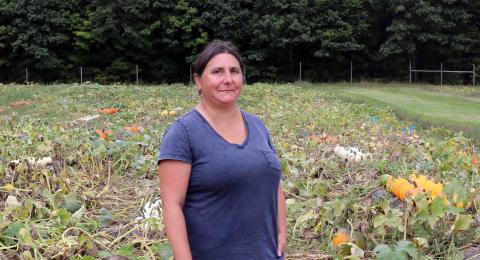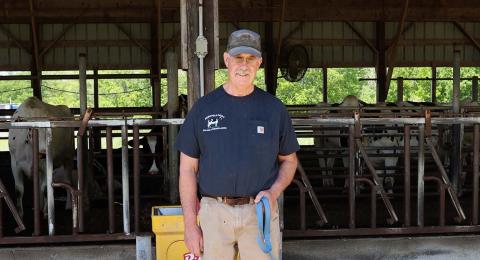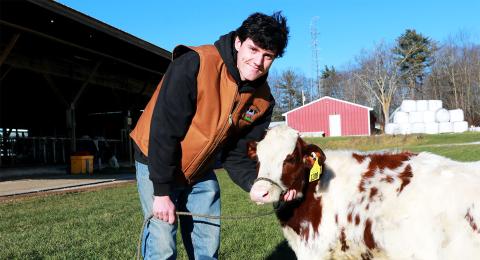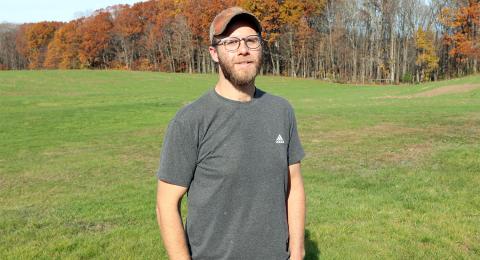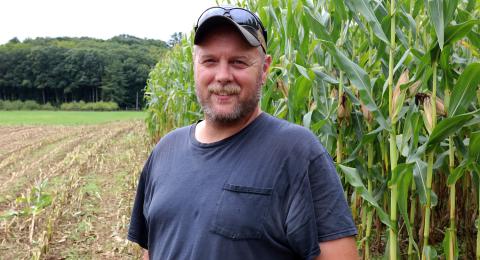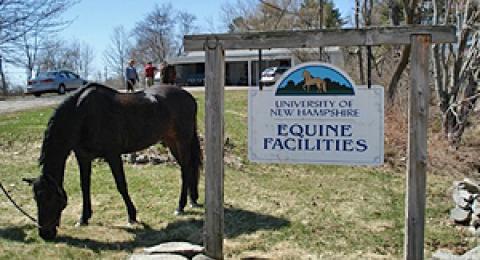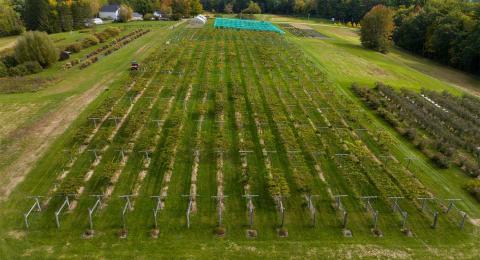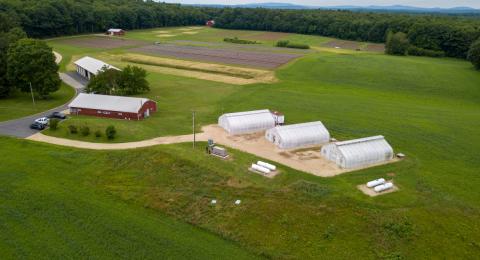What is National Farmer's Day?
National Farmer's Day, celebrated annually on October 12th, is an occasion to pay homage to the unsung heroes of our society – our dedicated farmers. This day shines a spotlight on the remarkable individuals whose unwavering commitment ensures that our tables are always filled with wholesome, farm-fresh goodness. Since its official establishment by the federal government in 1970, National Farmer's Day has provided a unique platform to recognize the tireless efforts of these agricultural champions who toil day in and day out to nourish our nation and the world.
Why is farming and why are farmers important to UNH?
The New Hampshire Agricultural Experiment Station at the University of New Hampshire helps facilitate impactful agricultural research, playing a crucial role in addressing the evolving challenges of modern farming. The locally inspired research at the NH Agricultural Experiment Station fosters innovation in crop management, sustainable farming practices, and livestock health, ensuring that the science addresses critical local and regional challenges and enables Granite State's farmers to learn from objective, well-developed research outcomes. Moreover, the research that helps move forward New Hampshire's agricultural and aquacultural production also contribute to broader scientific knowledge, shaping a more resilient and food-secure future for all.
Why is farming important to New Hampshire?
Farming is important to New Hampshire as it sustains the state's agricultural heritage, supports rural communities, and ensures a local supply of fresh, nutritious food. Agriculture also contributes significantly to the state's economy, providing jobs and economic stability. Farming in New Hampshire aids in preserving open spaces and maintaining the state's scenic beauty, which is vital for tourism and quality of life. Food production in the state is an integral part of the Granite State's identity, combining economic, cultural, and environmental significance.
Who are the farmers at the UNH research farms?
The UNH research farms support the agricultural and natural resources discoveries, innovations and knowledge that benefit all the farmers and communities in the Granite State. As such, we consider these research farms as belonging to every New Hampshire citizen, and the staff who sustain these farms' operations are critical to the scientific success of UNH researchers. Below, learn about the NH Agricultural Experiment Station "research farmers" and help celebrate their contributions to moving New Hampshire's agricultural and food industries forward!
